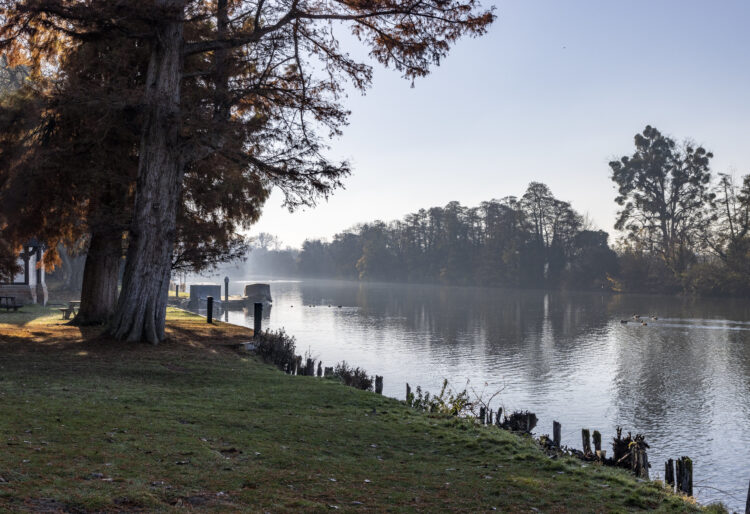NEW FIGURES released by the Environment Agency have shown that England could be facing a public water shortage of around five billion litres per day in the next 20 years.
By 2055, the public water supply will be short by around a third of our current daily use every day, and an extra billion litres a day will also be needed to meet other basic needs such as energy generation, crop growth, and tech use.
The analysis is outlined by the Environment Agency’s National Framework for Water Resources, published every five years, which sets out the actions required by water companies, regulators, businesses, and the public to best manage water usage into the future.
The EA says that more than half of the expected deficit could be addressed by water companies managing and “dramatically” reducing leaks.
Around 40% would need to be met by boosting supplies, such as through the creation of new reservoirs and transfer schemes.
It also recommends that it continues to work with financial regulator Ofwat on water company pledges to cut leakage by 17% in the next five years– and by 50% by 2050.
Water companies have committed to the vital rollout of ten million more smart meters to help customers understand how much they use – and reveal where wastage may be in their homes and businesses.
The average person on a meter uses 122 litres per day, compared to 171 litres without.
Household appliances, such as dishwashers, toilets, and showers, can also be more efficient and the EA will continue to work with Government on a mandatory efficiency labelling scheme.
The government has secured £104 billion in private sector spending in water company infrastructure over the next five years, including £8 billion committed to boost water supply and manage demand.
Between 2030 and 2055, the South East of England alone will need an additional 2,000 million litres per day to tackle drought resilience, population change, environmental improvement, and to address climate change.
An additional 143 million litres per day will be required for industry, such as food and drink production, metal production, and in the chemicals industry, as well as agriculture and power generation.
Environment Agency Chair, Alan Lovell, said: “The nation’s water resources are under huge and steadily increasing pressure.
“This deficit threatens not only the water from your tap but also economic growth and food production. Taking water unsustainably from the environment will have a disastrous impact on our rivers and wildlife.
“We need to tackle these challenges head-on and strengthen work on co-ordinated action to preserve this precious resource and our current way of life.”
Ofwat Chief Executive, David Black, said: “We recognise the unprecedented pressures on our water resources and the ambition to further cut abstraction to improve river health, which we strongly support.
“This is why we announced £8bn of funding at Price Review 2024 to deliver the required action across the sector to secure our future water supplies.
He explained: “Boosting supply through building critical water infrastructure is essential to safeguard supplies of drinking water.
“The way is now clear for the water industry to build on the success of the recently opened £5 billion Thames Tideway project by stepping forward to deliver an expanded pipeline of 30 major projects which we need in England and Wales.”
Dr Jess Neumann, associate professor in hydrology at the University of Reading, said: “The Environment Agency’s new National Framework for Water Resources lays out the stark realities of England’s growing demands on water while also facing changes to supply, due to our hotter, more extreme climate.
“The reality is, despite Britain’s reputation as a rainy nation, water is no longer abundant, plentiful and reliable in the ways our ancestors came to expect–already this year, large parts of the country are under drought measures as we fight the inevitable impacts of climate change, poor water management, and increasing demand.
“A shortfall of more than 5 billion litres of fresh water a day by 2055 is a terrifying amount. The impacts of that level of mismatch would be felt by everyone.
“It is important that we face up to this reality and take the necessary steps now to improve the situation.”
She explained: “Without significant action, we would be facing a future where taps could run dry, water bills would soar, growing some crops would be more difficult, pushing up prices of domestically grown food.
“And there would be devastating impacts to our rivers and wildlife, if we continue to extract unsustainable levels of water from these vital and beautiful habitats.
“Action and huge investment is urgently needed–changing the way we think about water and how we use it is essential.”
She concluded: “It must no longer be viewed as acceptable to waste fresh water – it is our most valuable and precious resource and this report highlights that without big change, it could run out fast.”
























